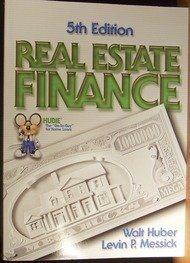Question
3. Homer Simpson is considering three investment options. Option 1 involves investing in a zero coupon bond for two years. Option 2 involves investing in
3.
Homer Simpson is considering three investment options. Option 1 involves investing in a zero coupon bond for two years. Option 2 involves investing in a five-year zero coupon bond and then selling that bond in two-years time. Option 3 involves investing in a one year zero coupon bond and then investing in another one year zero coupon bond when the first zero coupon bond matures. Assume for this question that three and five year bonds are illiquid at all times. Which of the following are correct? i. According to the market segmentation hypothesis, Option 1 would be preferred to Option 3. ii. According to the liquidity premium hypothesis, Option 2 is riskier than Option 1 because the selling price at t=2 could be very low because three year bonds are illiquid. iii. According to the pure expectations hypothesis, the actual return from all three strategies is identical. iv. According to the preferred habitat theory, Option 1 is preferred to Option 2 but Option 2 may be preferred if Homer Simpson believes that the three-year spot rate in two-years time is less than f(2,5) v. According to the preferred habitat theory, Option 1 is preferred to Option 3 but Option 3 may be preferred to Option 1 if Homer Simpson believes that the one-year spot rate in one years time is less than f(1,2). The correct answer is:
Group of answer choices
(ii) & (iii)
(ii) only
(i), (ii), (iii) and (iv)
(ii) & (iii) & (v)
(i), (ii) and (iv)
Step by Step Solution
There are 3 Steps involved in it
Step: 1

Get Instant Access to Expert-Tailored Solutions
See step-by-step solutions with expert insights and AI powered tools for academic success
Step: 2

Step: 3

Ace Your Homework with AI
Get the answers you need in no time with our AI-driven, step-by-step assistance
Get Started


